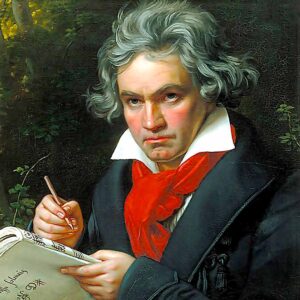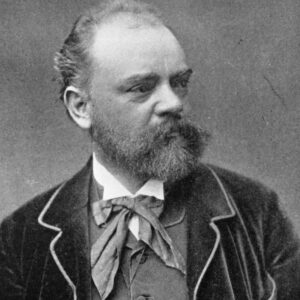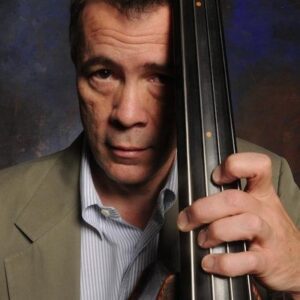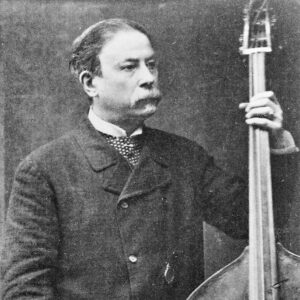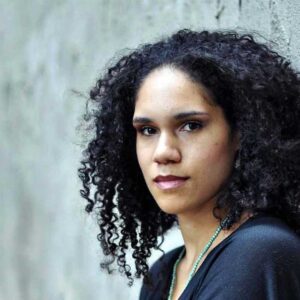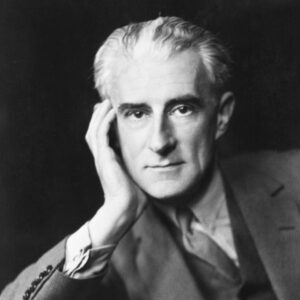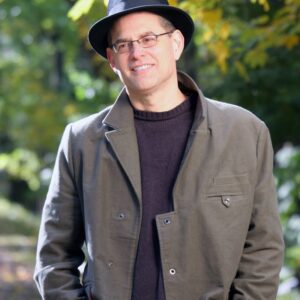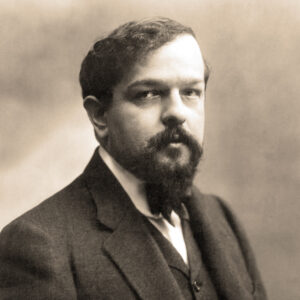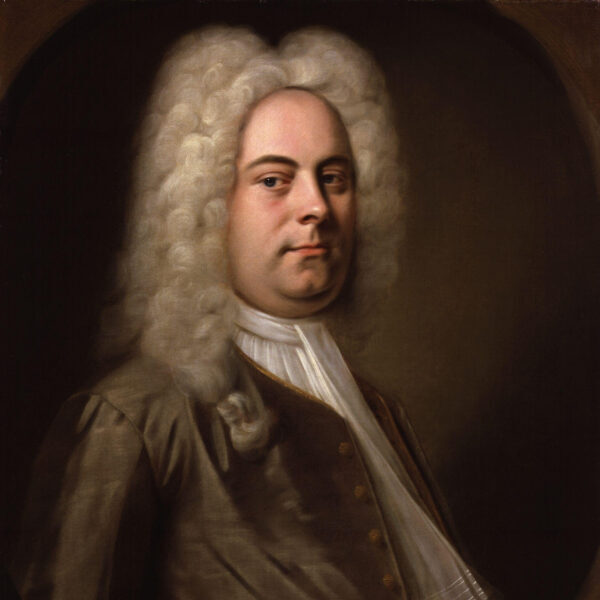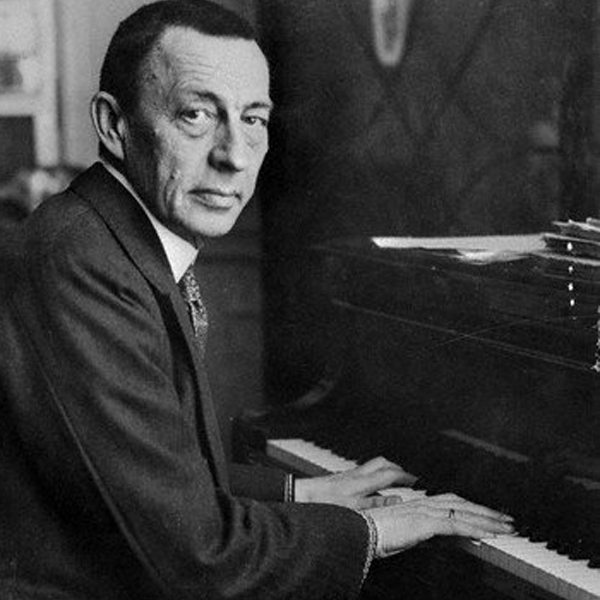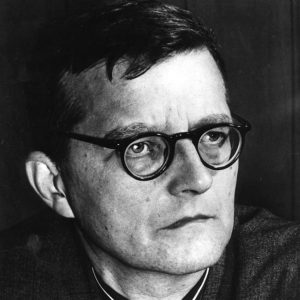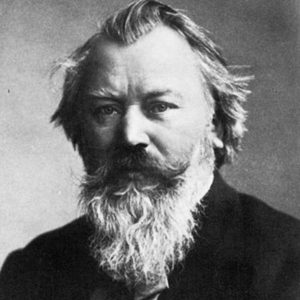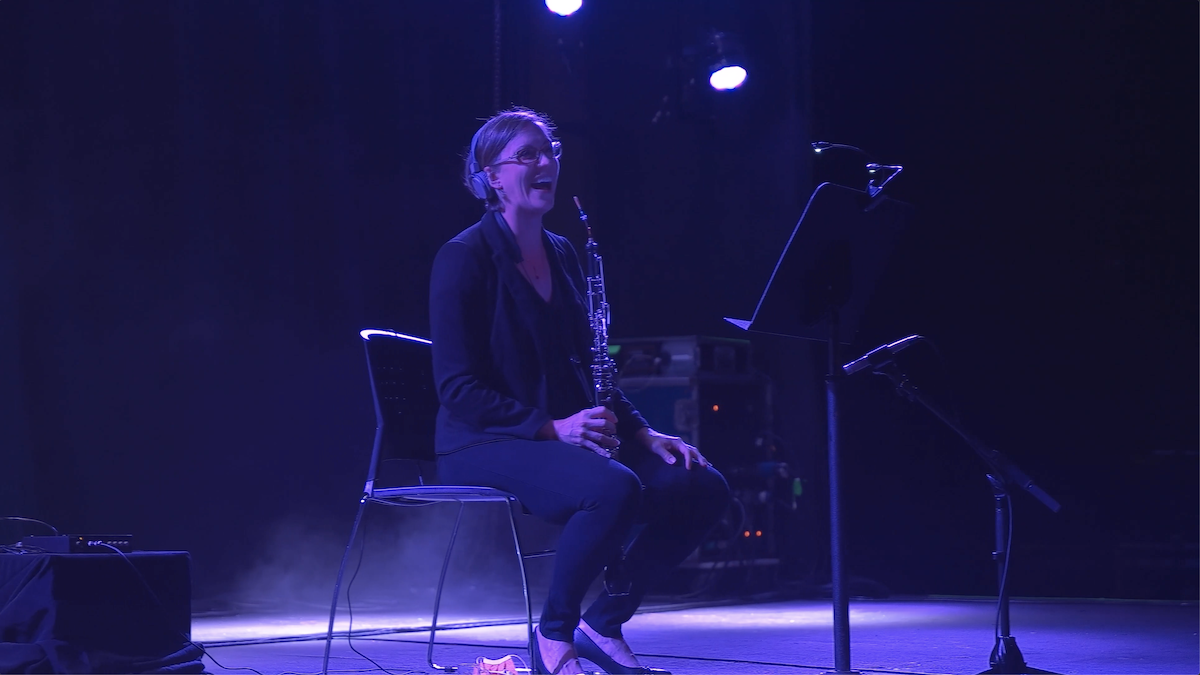
Etherbound
The Symphony Unbound series launched two years ago as a way of bridging musical genres and bringing the Winston-Salem Symphony into unexpected, non-traditional venues throughout the community. With Etherbound, the Symphony continues its commitment to artistic innovation by bringing you collaborative performances that are only possible online.
Recent projects with local filmmakers John Jordan and Gregg Jamback have shown that unexpected, non-traditional presentations of music—online, in the ether—can be a beautiful way to connect with one another.
For our newest Etherbound project, we’ve teamed with writer/director Bill Barclay and local documentary filmmaker Gregg Jamback of Swiftwater Media to bring you The Chevalier: A Voice to be Heard. This 15-minute film captures the essence of our cross-genre collaboration with Concert Theatre Works, the North Carolina Black Repertory Company, and Authoring Action as we produce The Chevalier, Bill Barclay’s newest play-with-music premiering at the 2021 National Black Theatre Festival.
The Chevalier chronicles a period during the life of 18th-century Black violinist, composer, swordsman, and activist, Joseph Bologne, Chevalier de Saint-Georges. Bologne, the archetypical Renaissance man, a gentleman of the nobility revered during his time for his prowess as a musician and as a fencer, has long since been forgotten by history if only for the color of his skin.
Barclay’s play portrays Bologne in a deservedly heroic light: as a friend to a young Mozart, as an enlightening mentor to Marie Antoinette, and above all as a true patriot of equality—an ideal that shines even through the fabric of his music.
Joseph Bologne was born in the French colony of Guadeloupe in 1745 to plantation owner George Bologne de Saint-Georges and his enslaved mistress, Nanon. The elder Bologne sent young Joseph to Paris for his education. In his early teens, Joseph was recognized as a champion fencer and rider, and upon graduating was conferred with the title of chevalier. From that point forward, Joseph was known as the “Chevalier de Saint-Georges” and went on to become a master composer, virtuoso violinist, finest fencer in Europe, general of Europe’s first Black military regiment, and a crusader against slavery.
Little is known about the Chevalier’s early musical training, but he made his debut as a violin soloist in 1772 to critical acclaim. In 1776, Saint-Georges was a candidate for Music Director of the Paris Opera, but he lost the position after a group of performers petitioned Queen Marie Antoinette with claims that they could not perform under a Music Director of color. Despite this professional setback, Saint-Georges found success publishing string quartets, violin concertos, symphonies, and popularizing the new Parisian genre of symphonie-concertantes.
Bill Barclay’s play, The Chevalier, begins in 1778 when a bedridden, bankrupt W.A. Mozart is carried into the Chevalier’s kitchen. In spite of obvious differences, these two men forge a friendship of equals navigating the politics of a city hostile to outsiders. The Chevalier’s weekly music lessons with Marie Antoinette associate him with the monarchy at a time of civil unrest, and he must choose between his loyalty to the crown and the violent pursuit of abolition while Revolution inflames France. The Winston-Salem Symphony’s short film, The Chevalier: A Voice to Be Heard, was filmed in October 2020 when Barclay and a group of actors visited Winston-Salem to present a reading of the play and participate in recording sessions with the Symphony. The film features scenes from the play and interviews to highlight how Joseph Bologne’s extraordinary life story continues to resonate in our world today.
In The Chevalier: A Voice to Be Heard, Music Director Timothy Redmond leads the Winston-Salem Symphony in performances of Chevalier de Saint-Georges’ Symphony No. 2 and Violin Concerto in A Major Op. 5 No. 2. You will also hear the Chevalier’s Violin Sonata in A Major, Op. 1a No. 2 performed by violinist Brendon Elliot and Winston-Salem Symphony pianist Nancy Johnston. The film stars Merritt Janson as Marie Antoinette, David Joseph as W.A. Mozart, and Winston-Salem’s own Jackie Alexander as the Chevalier de Saint-Georges. Bill Barclay was director of music at Shakespeare’s Globe from 2012-2019 and is Artistic Director for Concert Theatre Works. The Chevalier: A Voice to Be Heard is part of an ongoing collaboration between the Winston-Salem Symphony and Concert Theatre Works, the North Carolina Black Repertory Company and Authoring Action. The Winston-Salem Symphony will present the full play, The Chevalier, during the 2021 National Black Theatre Festival.
Notes by Dr. Tim Storhoff
Auld Lang Syne. It’s more than a song. It’s a feeling. It’s an inspiring wish for a better year to come. In this collaboration with filmmaker John Jordan, Youth Orchestras Program musicians Zoe Stover and Bryan Garcia Reyes join the Winston-Salem Symphony (literally!) to bring you an aspirational greeting for 2021.
Quiet City began life as a play by Irwin Shaw for New York’s Group Theatre, and Copland agreed to write the incidental music. The play was about the internal struggles of Gabe Mellon, a businessman who rejected his Jewish background and Anglicized his name in order to assume leadership of a large department store. Gabe’s decision to give up his youthful dream of being a poet is contrasted with the unconventional and artistic life of his trumpet-playing brother, David Mellinkoff. As Gabriel wanders through New York and reflects upon his choices, he hears his brother’s trumpet, which is intended to arouse the conscience of the characters and the audience. The play itself was a failure and closed after only three preview performances. Scenes had a shifting sense of time and place, moved between dreams and reality, and featured a huge cast of characters, all of which proved too unwieldy for the Group Theatre to properly execute.
Copland reworked his original score for the play, which was for trumpet, piano, and two clarinets (doubling saxophone and bass clarinet). For the standalone piece, he kept the central trumpet part, replaced the piano with strings, and substituted an English horn for the original woodwinds. Like Appalachian Spring, Copland opens Quiet City slowly to create a peaceful harmonic space. As musicologist Denise Von Glahn describes it, “the familiar, open harmonies and textures do not depict the generous spaces of the nation’s natural landscapes. Here the sounds so often associated with America’s physical abundance suggest the opening up of a more confined space, a more interior place, a man-made place, circa 1940.” The trumpet interrupts this quiet place with an almost stuttering entrance, which includes the directions “nervous, mysterious” in the score. The trumpet call evolves and remains central throughout the ten-minute composition. It creates nostalgia for Gabe with a shofar-like presence, reflects the sounds of the city with brief jazz-like passages, and claims victory before questioning it.
Quiet City suggests and encourages introspection. The music conjures up the isolation you can feel in a city even while you’re surrounded by thousands of other people. Like the indecisive main character in the play, the music also reflects a hesitant nation that was working to recover from the Great Depression and unsure how it will fit into the coming global conflict. In Quiet City, Aaron Copland created a piece of music that has resonated for 80 years and still speaks to us today.
In mid-May, members of the Winston-Salem Symphony went to The Ramkat, one section at a time, to record their parts while following social distancing guidelines. Tim Redmond, Karen Ní Bhroin, and producer Toby Hession ran the recording sessions from London and Dublin using Zoom, and filmmaker John Jordan was present to capture it all. Gavin Stewart and Vanessa Owen, two dancers from Terpsicorps provided choreography throughout the city, all of which was recorded. The product has now come together, and it is our pleasure to be able to share it with you here.
Notes by Dr. Tim Storhoff

